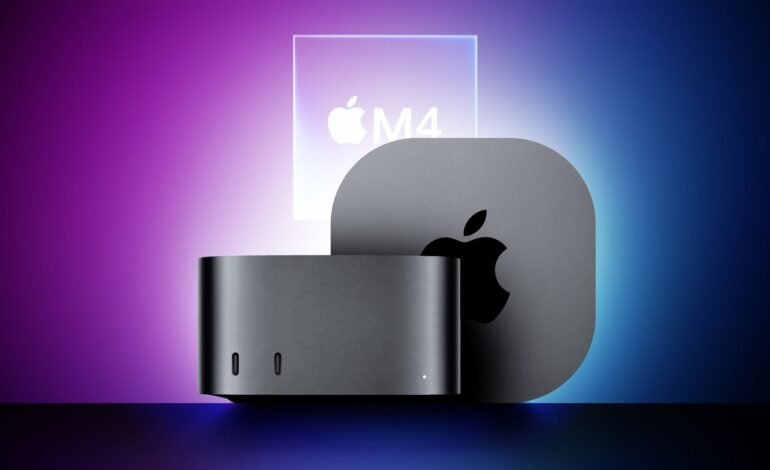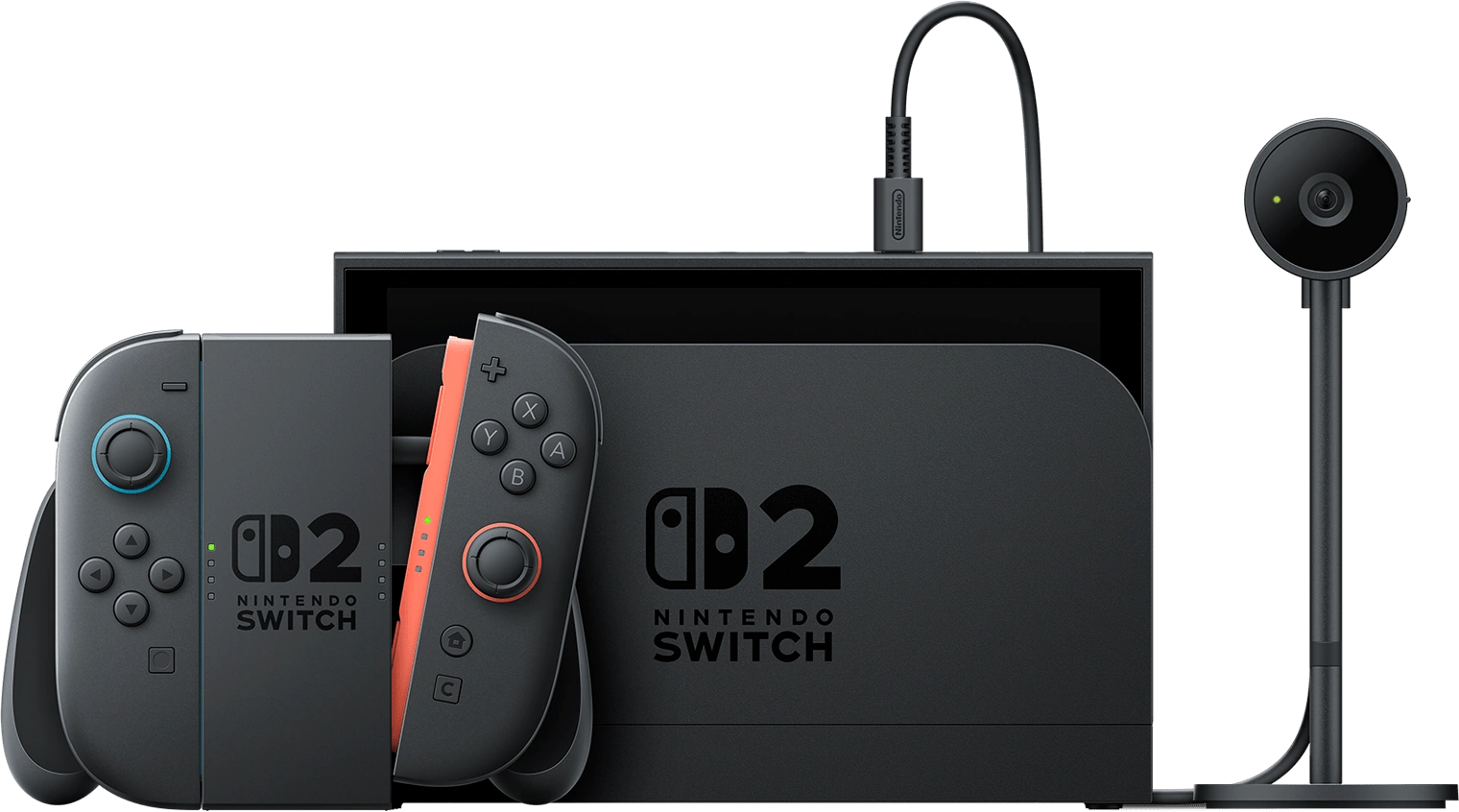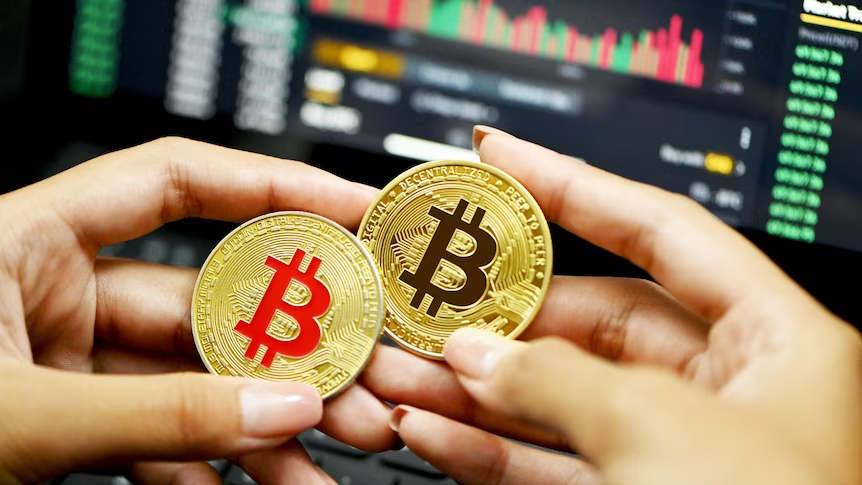Blockchain in Digital Advertising

Surely in the last few months or years, you have heard about blockchain. Or maybe one of its most popular applications, bitcoin, sounds more familiar to you. But did you know that blockchain in digital advertising could be the future of our industry?
There is still a lot of confusion about the use of blockchain in digital advertising and other applications. Therefore, with this article, I want to put a thread to the needle and clarify what blockchain is, what its possible applications are in online advertising, and what the future will hold for us.
Let’s start at the beginning: what is blockchain?
To understand the role of blockchain in digital advertising, let’s start by explaining what it is and what it isn’t.
Blockchain is the technology that underpins applications such as the world-famous virtual currency Bitcoin. Broadly speaking, we can define it as a decentralized database, that is, a series of interconnected databases distributed in different locations. Users can access data from any location, as if they were on their computer.
In blockchain, users can only add new information, but it is not possible to delete or modify data that already exists. It’s like it’s a giant Excel sheet that users can view, share, and update, but the information that’s already there can’t be edited. In this way, all users share a record of each of the transactions or “blocks” (hence the name “blockchain”). As it cannot be modified later, there is always a history of everything that has happened in the chain.
Another key feature of blockchain is that it is open in nature. Because the information is decentralized, hacking it is virtually impossible, as the data in each and every one of its locations would need to be modified at once, or the records would not match. Because of this, it is considered highly secure and transparent.
The blockchain began to become popular in 2009 thanks to the appearance of bitcoin, a cryptocurrency that allows exchanges to be carried out around the world without depending on any government or central issuer. Such is its popularity that at a popular level, it is common to confuse blockchain and bitcoin. But the truth is that bitcoin is just one of the possible applications of the blockchain. Furthermore, while bitcoin works anonymously, this is not a prerequisite for other blockchain applications. In fact, in many cases, it is convenient for the participants in a transaction to be able to see where the data comes from to increase the level of trust.
The uses of blockchain in online advertising:
Now that we are clear about what blockchain is, comes the most interesting part for marketers: how can we harness the power of blockchain in our digital marketing?
- To eliminate intermediaries in the purchase of online ads. Until now, companies like Google and Facebook have controlled the digital advertising market, as they alone connect advertisers, content creators, and end users. Blockchain simplifies this process by allowing content creators and advertisers to interact with full trust and directly. In terms of user contact, blockchain has the potential to revolutionize the way we understand ads. For example, Brave Browser has created a unit of measurement, the Basic Attention Token, that measures the mental effort of the person who has seen an ad.
- To eliminate intermediaries on television and other platforms. Blockchain applications can go beyond online advertising. For example, a new technology from the advertising group Comcast (which includes giants such as Disney and the British Channel 4) will allow advertisers to buy television space using the blockchain. Marketers, distributors, and programmers will be able to share data online to better target their TV ads, without the need to host this data in a specific location.
- To redefine the relationship with the customer. Blockchain could be used to develop highly targeted and segmented campaigns: open conversations between customers and the company, the possibility of creating a customer profile directly from the user, exclusive information exchanges in which companies have access to customer experiences and behavioral data not available to competitors… In short, a world of possibilities to create more relevant content for the user and optimize spending for the company.
- To combat fraud in programmatic advertising. The programmatic advertising industry has always been quite problematic. The concept of programmatic buying refers to the use of software to buy digital advertising space. In theory, these should eliminate human error and streamline the process, but there are questions about effectiveness. Advertisers can never be entirely sure that their ads are being seen by real people and not bots. The blockchain solves this problem by recording all impressions in a unified manner, making it easier to prove that the data and clicks are real. There are also initiatives like adChain, which tags the different creatives in an ad and tracks them to see which users have seen them and what actions they took next. Likewise, the blockchain allows the disappearance of discrepancies between servers, which minimizes the risk of fraud.
- To create lists of safe sites to advertise on. The Basic Attention Token is not the only “unit of exchange” that interests us when talking about blockchain and online advertising. For example, the adToken, created by MetaX, is responsible for measuring the reputation of different sites when distributing ads. In this way, the advertiser can have the confidence that they are spending their budget in the best possible way.
- To speed up monetization and online payments. Cryptocurrencies and blockchain make it possible to greatly streamline transactions between users, whether to reward content creators or to make online purchases.
- To increase confidence. Since it is very difficult to hack or falsify blockchain data, trust is implicit in the system. This allows exchanges of all kinds (between brands, distributors, creators, and users) to have many fewer barriers.
Is the future already here?
As we have just seen, blockchain can completely change the landscape and trends of digital marketing. But I bet that it will be a progressive and not a sudden change, since it requires the adoption of technology by a large majority of users and a profound change in mentality: we have to get used to moving on an “encrypted internet”. And since blockchain is a decentralized technology, it is necessary for users to participate in order for it to work.
Some industry experts also point out that most initiatives to use blockchain in digital advertising are still in the theoretical phases and that, by its very nature, this technology works best on a small scale (to solve individual problems) rather than on a massive scale. For example, an Ethereum-based blockchain is capable of processing 20 transactions per second, a very modest figure for the needs of big brands.
For now, what we can say for sure is that the blockchain revolution has already begun and that it is here to stay.










